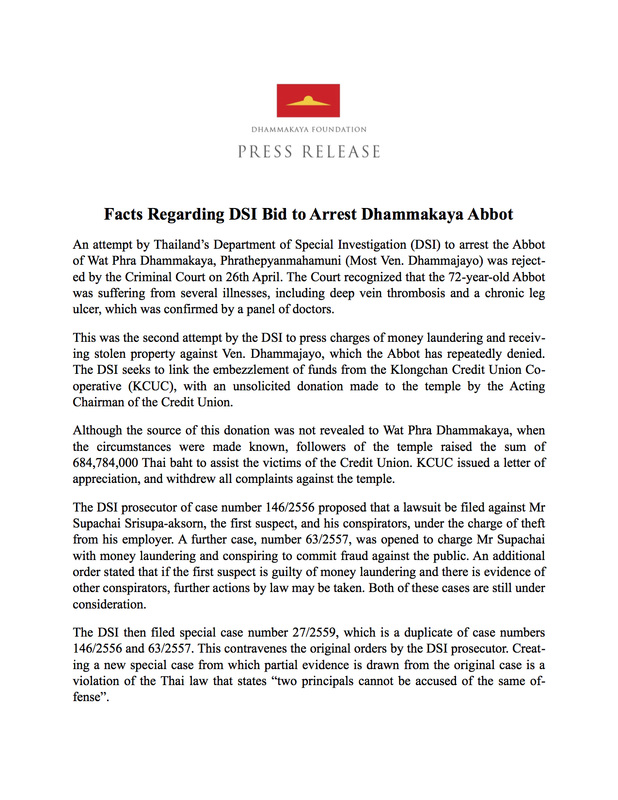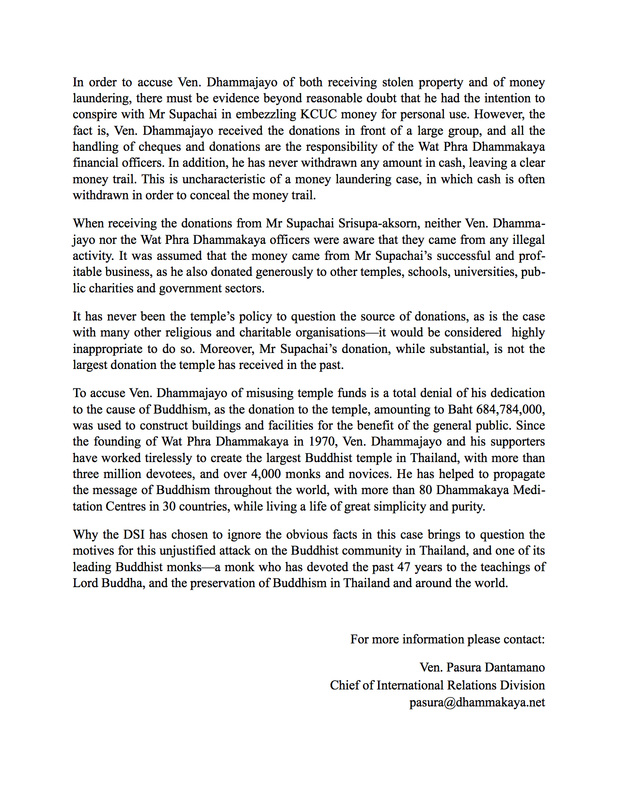|
On the early morning of May 25th of a waning moon in Sagittarius, under the Fire Monkey yearly zodiac, and Gemini monthly zodiac, m'lady goddess completed a 51hr labor - including 6.5 hrs of active pushing - to successfully portal a healthy precious 8 lb 3.5 oz, 20.5 inch baby boy with blue star sapphire eyes into our world. It was at the interestingly auspicious time of 3:33am that he took his first breath.
I've always believed that women are powerful, and worthy of praise. I've always considered Jenn to be extra powerful. I'm making a point to say that everyone should know how brave, courageous, and in-her-power Jenn was and is during and after the birth. It is worthy of legend. Under very thoughtful consideration and the advice of our incredibly skilled & stellar midwives, we decided to transfer to the mighty Brigham & Women's Hospital. Very thick meconium was found after 3.5 hrs in the birthing tub at home, and the choice was made. Here is where we believe the blessings and well-wishes directed towards us in part came to a much needed fruition. All of the health care providers here at the hospital - including the continued care, presence and holistic expertise of our midwives - have been beyond amazing, most especially at the time of birth. We would like to thank everyone for your involvement, protection, understanding, support, and love from the deepest places in our being. Meanwhile, here's a few pics to "Ooh" and "Aah" over ;) I am a father. My life-world understanding and experience is forever changed. P.S. Name still pending. Though, he was given the Thai name เผด็จ 'Padet', meaning "conquerer" by my gurūpācāriya Luang Por Dattajeevo.
0 Comments
THIS ARTICLE IS WRITTEN BY: GUY FAWKESThailand, a country where Buddhism has deep roots, has experienced recent political and social conflicts and upheaval in which Buddhism has played a major role. Buddhism, as both a religion and way of life, provides many Thais and an increasing number of foreigners with moral guideposts and a sense of stability when faced with the rapid pace of change in Thailand and the rest of the world. However, Buddhism is also highly interwoven into Thai politics. In Thailand’s current political climate where the government has been accused recently of numerous human rights violations, Buddhist religious leaders are not immune to such abuse.
One of the unfortunate victims of these circumstances is the Most Venerable Phrathepyanmahamuni or “Luang Por Dhammajayo”, the Abbot of Phra Dhammakaya Temple in Thailand. At age 72 and in failing health, Luang Por Dhammajayo stands accused by Thailand’s Department of Special Investigation (DSI) of money laundering and accepting stolen property. The accusations are misguided and full of inaccurate information. They are also harmful to Buddhism at a time when Thailand most needs the kind of ethical leadership that Luang Por Dhammajayo has preached and practiced for all of his 46 years as a monk. Like any other Buddhist monk, Luang Por Dhammajayo accepts voluntary donations from people who wish to accumulate Buddhist merit. Donations to Phra Dhammakaya Temple support the 4,000 monks at the Temple, construction of the large venues needed for the hundreds of thousands of laypeople who travel there weekly to meditate and hear Buddhist teachings, and the organization of major events in Thailand and internationally. DSI claims Luang Por Dhammajayo illegally extracted money from a Thai cooperative, an unfounded charge. Luang Por Dhammajayo accepts donations at ceremonies open to the public, in front of thousands of followers with video posted live online, not the way any self-serving criminal would choose to embezzle money. There was no reason to be suspicious of the donations of concern to DSI. The person who made the donations in question is a highly successful businessman who has made numerous donations to other temples, schools, public charities, and the like. DSI also knows that Luang Por Dhammajayo did not take any of the donated money for personal use. The Thai government’s Anti-Money Laundering Office verified that the Temple’s financial department staff collected the donated funds, deposited them into a Temple bank account, then allocated them toward the construction costs of religious facilities and various temple expenses as the donors had intended. The assertion that he took money for personal use is baseless. Moreover, Temple supporters raised funds in the same large amount supposedly embezzled and gave those funds to the cooperative. That completely voluntary gesture of kindness has been acknowledged by the cooperative and demonstrates the ethical values and compassion Luang Por Dhammajayo has worked so hard to spread over four decades. What makes the DSI’s actions even more questionable is that the DSI examined the same claim previously. The Phra Dhammakaya Temple cooperated in that investigation and DSI determined that the case did not justify pressing charges. The sudden decision by DSI to open a new case based on exactly the same circumstances is groundless. It also runs against the international law principle of double jeopardy in the International Covenant on Civil and Political Rights to which the Thai government has acceded and now chooses to ignore. Luang Por Dhammajayo’s weak health has made it impossible for him to travel in response to DSI summonses. He suffers from deep vein thrombosis, chronic ulcers from diabetes, and severe allergies. DSI is well aware of his medical concerns, based on medical certificates provided by Phra Dhammakaya Temple and initially accepted by DSI. However, DSI arbitrarily applies its own procedures, going so far as to issue an arrest warrant without appointing a physician from the police hospital or any other government office to determine whether he was truly ill or not. All the DSI’s actions have occurred in Thailand’s worrisome human rights situation. Since a military coup in May 2014, the Thai government has heavily restricted political activity and peaceful public gatherings, along with making hundreds of arbitrary arrests. Even the United States government, a long-time ally of the Thai government, used its 2015 Thailand Country Report on Human Rights Practices to note problems with Thai government’s powers to curb “acts deemed harmful to national peace and stability.” Despite being a predominantly Buddhist country, Thailand’s monastic community has suffered human rights abuses. There is a prohibition against mass gatherings for religious purposes such as meditation, alms offering, pilgrimage, chanting and prayer outside monastic premises. Religious activities deemed anti-government elicit a strong response from the Thai authorities, including substantive claims about government involvement in the Supreme Council that oversees all monks and Buddhist temples in Thailand. The government even cancelled a completely non-political and traditional ceremony in April 2016 to offer alms to 100,000 Buddhist monks, an unprecedented step. DSI’s recent decision to issue an arrest warrant for Luang Por Dhammajayo in May 2016 fuels suspicions that this attack on his legal and human rights has purely political motivations. DSI’s arbitrary application of the law violates the rights of a leading monk that has done so much to bring peace and ethical guidance to Thais and people across the world. The Thai government’s hidden agenda remains unclear but its actions point towards the destruction of Luang Por Dhammajayo and Phra Dhammakaya Temple. That would represent a major blow for religious freedom in Thailand and a great injustice against a monk who has done so much for so many. Dhammakāya: A Lion Among Us There is a story of the Lion’s Roar that many Buddhists and story-tellers are familiar with. The story goes, if you were to throw a stick with a dog observing, the dog would follow after the stick. If the observer is a lion, the lion looks to who threw the stick. The Dhammakāya (Skt. Dharmakāya) has recently been given a lot of attention in southeast Asia. Let's just say that it has always been given attention and importance in Buddhism, particularly in the Mahāyāna and Vajrayāna traditions; but not until the early and mid 20th century did it reach a prominent level of discussion and debate in Thailand and southeast Asia. Today, especially in Thailand, it is becoming a household word; though unfortunately usually not for good reasons. The word Dhammakāya itself is from the ancient Pali language. A common translatio, concurrent with the Pali and Sanskrit Buddhism Canons and Scriptures is: ’Body / Form‘ (Kāya) of ‘Pure / Unadulterated Nature' (Pali. Dhamma, Sanskrit. Dharma)’. It is also the distinguishing word chosen in the name of one of the largest Theravāda Buddhist temples in Thailand: Wat Phra Dhammakaya or 'Temple of the Revered Dhammakāya '. Some folk, mainly critics, jest that an era of Dhammakaya ‘is upon us'. They speak of the Dhammakaya Foundation in Pathum Thani, Thailand as a culty new age dynasty that stems from an off-shoot ideology founded upon Buddhism. Moreover, to boot, in both previous and current news we hear of the horrid accusations against the temple’s Abbot, PhraThepyanmahamuni Luang Por Dhammajayo. Money laundering? Stolen Property? Wow. These are big allegations against a monk. What to believe? Who to believe? The Thai media has thrown a big juicy stick at the public. So much time has been given to blindly looking at the accusations against Luang Por Dhammajayo, as if he is guilty beyond any shadow of a doubt. Anyone who does any digging into the facts, knows this to be not just false but formidable slander and degradation of character. Anyone who digs further finds that there are ulterior motives; deep shocking ones. But that would only be seen by the lions among us. The media and internet can paint a picture of something in very different lights. They can paint it any way they choose; or, rather, any way their employers or funds chooses. Wat Phra Dhammakaya is a bright topical example of this. My quest here is not to discuss the stick, as much as to discuss the world around the people throwing the sticks, rocks, and government at a lion. That Lion of Dharma being PhraThepyanmahamuni Luang Por Dhammajayo. At the end of the day, we don’t know what a chili tastes like until we eat it. Meaning, go see it for yourself. Don't believe something just because you read about it online in an article somewhere or because someone describes it to you a certain way. Go find out for yourself.
Buddhism does not belong to a singular nation, custom, culture, or race. Meaning, one does not have the end-all-be-all say on what is true Buddhism solely because it is either their national religion or is an integral part of their culture and customs. I have an inclination that because we are creatures of identification, we commonly have a tendency to put ourselves in a box of references and labels. References that, "I am a ... This is what a ..... from my country and my culture believes and does.", etc. Repetitive actions of body, speech and mind prevalent in and based upon this chosen or inherited identification (‘heritage') are the basis in the formation of opinions, ideas, views and mental referencing for how they interact with the world around them. Habits develop following this pattern. This behavioral programming, or habits, compose our references for how we interact with and in the world around our bodies. It is also what most people tend to revert to identifying themselves as while alive.
When many people identify with something and 'take it on' as their own, it empowers that thing, whatever it may be. This is where any custom or lifestyle finds its manifesting origins. The great cultures and dynasties of Africa, Europe, and Asia are no exception. Once a momentum starts and moreover builds, then it influences and gathers more and more strength. The more momentum we give to our identifications, the more we become associated with it. The fulcrum here is that this can either benefit us, or hinder us. And in terms of civilization, this principle is how a new generation directly influences, maintains, and or changes the existing culture that they were born into. The Dhammakāya (Skt. Dharmakāya) has recently been given a lot of attention in southeast Asia. Let's just say that it has always been given attention and importance in Buddhism, particularly in the Mahāyāna and Vajrayāna traditions; but not until the early and mid 20th century did it reach a prominent level of discussion and debate in Thailand and southeast Asia. Today, especially in Thailand, it is becoming a household word. The word Dhammakāya itself is from the ancient Pali language. A common translatio, concurrent with the Pali and Sanskrit Buddhism Canons and Scriptures is: ’Body / Form‘ (Kāya) of ‘Pure / Unadulterated Nature' (Pali. Dhamma, Sanskrit. Dharma)’. So why is that important? Thailand has a history of association as a country of Theravāda Buddhism. Tibet with Vajrayāna Buddhism. China with Mahāyāna Buddhism. Japan with Zen Buddhism. Buddhism came from India. India has a very different culture than the previously mentioned countries. Even pre-modern and modern India are very different Indias. Through time, shift happens. What is the point? Culturally, everyone has their version or tint of what they believe is Buddhism. Customs and beliefs, previous to and post-Buddhist integration, over the centuries have come to shape what we now see within these countries. It is how a nation's citizens identify themselves with their faith, and the time-tailored practices of their faith that are the buildings blocks of culture. This does not mean that one country's Buddhism is necessarily better than the other. It does not mean that one is wrong and the other is right and pure. What I mean to say is that, as a nation composed of so many various focuses and customs based off of that nation's own inherited form of what they associate themselves as, - i.e. a Buddhist from 'x.y.z.' - it becomes more of a mental revolution to open the mind up to the bigger picture of Buddhism in order to understand and encompass it as a whole.What is comes down to, is that typically people are scared of what they don’t know. They are afraid when something or someone big comes around and changes up the status quo. Lord Gautama Buddha is quoted: Adhigato kho me ayaṃ dhammo gambhīro duddaso duranubodho santo paṇītoatakkāvacaro nipuṇo paṇḍitavedanīyo. … Ahañ c'eva kho pana dhammaṃ deseyyaṃ pareca me na ājāneyyuṃ. This dhamma attained by me is deep, hard to see, hard to comprehend, serene, subtle, beyond the dominion of reasoning, recondite, apprehensible only to the wise. … Would I preach the dhamma, others would not understand. - Vin.I.4-5, M.I.167-168, S.I.136. “Apprehensible only to the wise”. The point is to get back to the core, the essential origins of this whole thing. I have heard many advanced practitioners of Buddhism refrain from labeling themselves 'Buddhists'. When confronted, many of those often simply state that they practice the ‘Eightfold-Path’ that Lord Buddha taught. And I think this speaks to the essence of what separates practitioners from theorists and theologians. Those who seek the ‘Way’, the 'Path', of uncorrupted Buddhism embody the practice of it. They don't need to complicate it with theory, or show off with knowledge with rhetoric. Of course, one has to first establish themselves in a foundation of clear understanding under the guidance of authentic and accomplished teachers. By building a strong foundation, it prevents one from committing the greatest spiritual blunder: coming up with our own ideas of what Gautama Buddha, and all Buddhas, purely teach. By avoiding such a setback we can truly and properly come to re-discover for ourselves the Dharma and any truth about a Dhammakāya, a ’Body / Form of Dharma’, innately within. At the end of the day, we don’t know what a fruit tastes like until we eat it. Meaning, experience it for yourself. Don't believe something just because you read about it online in an article or someone describes it to you a certain way. Go find out for yourself. Taste the fruit and enjoy the nectar. |
Elephant Talk"In the divine scriptures, there are shallows and there are deeps; shallows where the lamb may wade, and deeps where the elephant may swim." Archives
March 2017
Categories |
||||||||||||




 RSS Feed
RSS Feed
